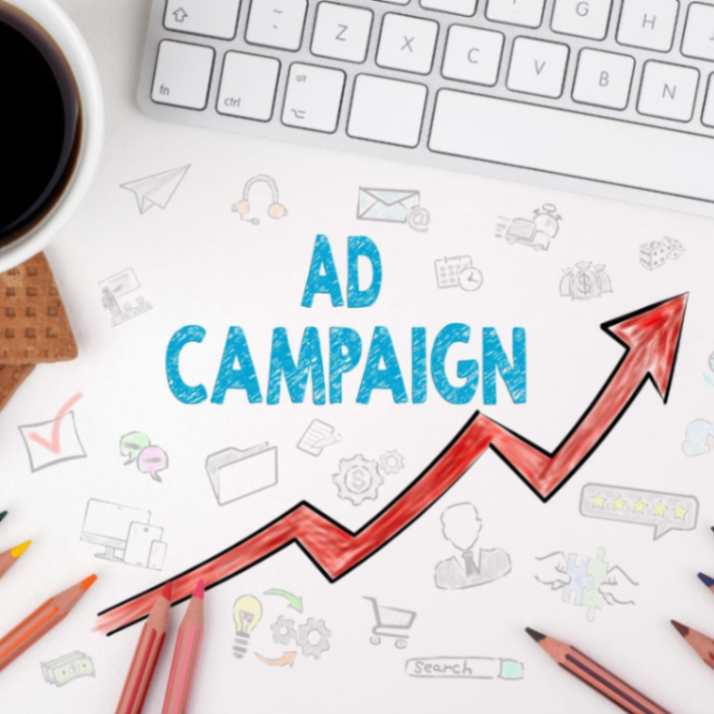- Home+
- About+
- Services+
- Packages+
- Sectors+
- Blog+
- Contact+
- Home+
- About+
- Services+
- Packages+
- Sectors+
- Blog+
- Contact+
Facebook marketing packages

Successful Projects
0
+

happy clients
0
+

tasks completed
0
+

team
0
+

What are Facebook Marketing ?
Facebook Marketing involves leveraging the extensive reach and diverse user base of Facebook for brand promotion. Businesses establish a presence through dedicated Pages, sharing content, and engaging with users. Paid advertising, precise audience targeting, and various ad formats enhance visibility. Features like Messenger, events, and analytics tools contribute to effective communication and performance evaluation. Facebook Marketing encompasses strategies for community building, customer interaction, and achieving business objectives in a dynamic online environment.
Factors That Affect Facebook Advertising Cost
Facebook advertising costs are influenced by target audience specificity, bid amounts, ad relevance, and placement choices. Tailoring ads to resonate with the audience, setting competitive bids, and optimizing relevance contribute to cost-effective Facebook advertising strategies.

Audience Targeting
The specificity and size of your target audience affect costs. Narrow audiences may have higher costs due to increased competition, while broader audiences may be more cost-effective.

Ad Bid
Your bid amount impacts the likelihood of your ad being shown. Higher bids increase the chances of ad placement but can lead to higher costs.

Ad Relevance
Facebook rewards ads with higher relevance by charging less. Relevance is determined by user engagement, feedback, and how well the ad matches the audience’s interests.

Ad Placement
Different placements, such as news feed, sidebar, or Instagram, have varying costs. Consider where your audience is most likely to engage for cost-effectiveness.

Seasonality
Advertising costs can fluctuate based on seasonal demand or events. Competing with other advertisers during peak seasons may result in higher costs.

Objective
The advertising objective, such as awareness, consideration, or conversion, can impact costs. Objectives that require more user action, like conversions, may result in higher costs compared to awareness campaigns.
The concept of ad cost involves two key factors:

Overall Ad Spend
The overall amount spent on ads represents the total budget allocated for advertising campaigns, covering expenses related to ad creation, placement, and promotion across different platforms and channels.

Cost of Results
Cost of results in advertising refers to the specific expenses incurred for achieving desired outcomes, such as clicks, impressions, conversions, or engagements. It quantifies the cost-effectiveness of the advertising efforts.
Facebook Marketing Packages
What Our Clients Say About Our Services?
"Rebecca Digital stands out for its exceptional services. From insightful strategies to seamless implementation, they've significantly enhanced our online presence. Their dedication and results-driven approach make them an invaluable asset to any business."

Preeti Kapoor
Client
"Rebecca's digital marketing exceeds expectations—strategic brilliance, creative innovation, and a relentless pursuit of results. Their commitment to our brand's success shines through every campaign, showcasing expertise that sets them apart in the industry."
Rohan Patil
Client
"Rebecca Digital delivers excellence. Their cutting-edge solutions, innovative strategies, and impeccable execution consistently elevate our brand. A reliable partner, they navigate the digital landscape with expertise, ensuring sustained growth and success."
Nitesh Sharma
Client
"Rebecca Digital Marketing exceeded expectations, delivering impactful strategies that significantly boosted our online presence. Their team's expertise, creativity, and prompt communication made the collaboration seamless and highly effective."
Rajesh Gupta
Client
Pros And Cons Of Facebook Ads
Facebook Ads come with notable advantages, including precise audience targeting, diverse ad formats, and extensive reach. Advertisers can leverage robust analytics, flexibility in costs, and various campaign objectives. However, challenges include rising competition leading to increased costs, algorithm changes affecting organic reach, potential ad fatigue diminishing effectiveness, and navigating privacy concerns and ad policies. Consistent content creation is necessary for sustaining engagement.

Facebook Ads provide advertisers with precise audience targeting, diverse ad formats, and extensive reach. Robust analytics, cost flexibility, and a range of campaign objectives contribute to their appeal. However, challenges include rising competition, potential ad fatigue, and navigating privacy concerns and policies.
How Much Should I Invest In A Facebook Ads Campaign
The amount you should invest in Facebook ads depends on several factors, including your business goals, target audience, competition, and budget. Here are some considerations to help you determine how much to invest on Facebook Ads:

Define Business Goals
Clearly outline your campaign objectives, whether it’s raising brand awareness, generating leads, or driving conversions. Each goal may require a different budget allocation.
Understand Your Audience Size
Consider the size and specificity of your target audience. A narrow and well-defined audience may require a higher budget to reach effectively.


Choose Ad Objectives
Different campaign objectives come with varying budget needs. For example, conversion-focused campaigns may need a larger budget compared to campaigns focused on brand awareness.
Consider Ad Placement
The cost of ads varies based on placement. News feed ads, for instance, may cost more than right column ads. Consider where your audience is most active.


Research Industry Benchmarks
Investigate industry benchmarks to understand average costs per click (CPC) or cost per thousand impressions (CPM) in your specific sector. This provides insights into competitive spending.
Allocate for Testing
Dedicate a portion of your budget for testing. Experiment with different ad creatives, targeting options, and strategies to identify what resonates best with your audience. This allows for ongoing optimization based on performance insights.

FAQ's
all your queries are answered
The budget varies based on goals and audience size. Start with a modest budget, test, and adjust based on performance.
Utilize Facebook's targeting features like demographics, interests, and behaviours to define your audience.
Formats include image, video, carousel, slideshow, and more, providing versatility for creative expression.
Use metrics like clicks, impressions, conversions, and engagement. Facebook's analytics tools offer insights.
Yes, Facebook Ads Manager allows seamless ad creation and placement on Instagram.
Create engaging content, use clear calls-to-action, and regularly update ads to maintain relevance, which can help reduce costs.
contact us
get in touch with us
clients
meet our believers








